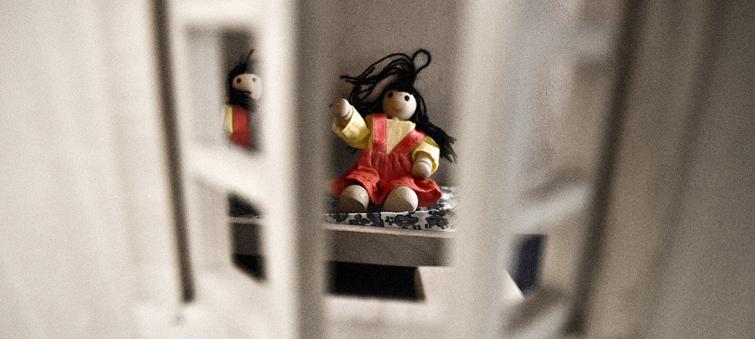
UN moves to tackle ‘hidden abuse’ and violence against Europe’s children
New York/IBNS: Each year, at least 55 million children in Europe suffer some form of physical, sexual, emotional or psychological violence, the UN health agency (WHO) said on Tuesday.
And despite the magnitude of this figure, “it is well established that incidents of interpersonal violence are widely underreported”, according to the World Health Organization’s European Region office.
Accounting for underreporting, WHO estimates that of the 204 million children under the age of 18 across the region, 9.6 per cent experience sexual exploitation, 22.9 per cent physical abuse and 29.1 per cent emotional harm. Moreover, 700 are murdered every year.
High cost of violence
“The cost of violence against children adds up”, WHO maintained, highlighting that an estimated $581 billion is spent annually on treating victims.
“But the financial cost pales in comparison to the toll on individuals’ health”, said the agency.
Violence against children is chilling and distressing – WHO spokesperson
Studies reveal that children who experience violence are at higher risk of mental illness, drug use, alcohol use and obesity, but also for chronic disease later in life.
“Violence against children is chilling and distressing”, said Bente Mikkelson, WHO Europe’s Director of the Division of Noncommunicable Diseases and Promoting Health.
“Child trauma has a terrible cost, not only to the children and the adults they become, whose lives it wrecks, but to every country’s well-being and economy”.
Laws to protect, on the rise
Governments are showing an increased appetite to tackle the scourge. Overall, the political will to combat violence against children has risen, with 66 per cent of regional countries having prohibited corporal punishment in all settings.
However, passing laws is only part of the solution.
While 83 per cent of countries in the region have developed a national action plan to stop child maltreatment, fewer than half are being sufficiently funded.
WHO Europe’s INSPIRE package is an evidence-based resource that supports countries committed to preventing and addressing assaults against children by identifying seven successful strategies to reduce levels of violence.
The Global Partnership to End Violence Against Children designates “Pathfinder” nations that have made a formal and public commitment to comprehensive action to end all forms of violence against children.
Ending “abuse, exploitation, trafficking and all forms of violence and torture against children” is also part of the UN Sustainable Development Goals (SDGs).
INSPIRE strategies promote
Implementation and enforcement of laws
Norms and values
Safe environments
Parent and caregiver support
Income and economic strengthening
Response and support services
Education and life skills
In the European Region, WHO relies on Pathfinder countries for the leadership they bring to regional action for scaling up the prevention of, and response to, violence against children.
WHO Europe and partners are currently reviewing progress and sharing guidance on addressing this hidden social problem at an Estonian-hosted workshop in the capital Tallinn.
Along with technical experts, parliamentarians and policy-makers in health, social affairs, education and justice the workshop is share good practices linked to the implementation of WHO’s INSPIRE technical package.
“With political will, we can all tackle this”, concluded Mikkelson. “Every sector and part of the community can make a difference in making society safer for children. But we need to speed up”.
Photo caption and credit:
UNODC/Alessandro Scotti
Sofia, Bulgaria. NGO Animus Crises Center and Shelter for Victims of Human Trafficking and Domestic Violence.
Support Our Journalism
We cannot do without you.. your contribution supports unbiased journalism
IBNS is not driven by any ism- not wokeism, not racism, not skewed secularism, not hyper right-wing or left liberal ideals, nor by any hardline religious beliefs or hyper nationalism. We want to serve you good old objective news, as they are. We do not judge or preach. We let people decide for themselves. We only try to present factual and well-sourced news.







